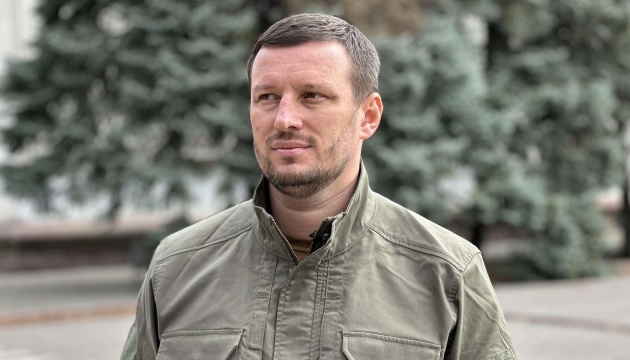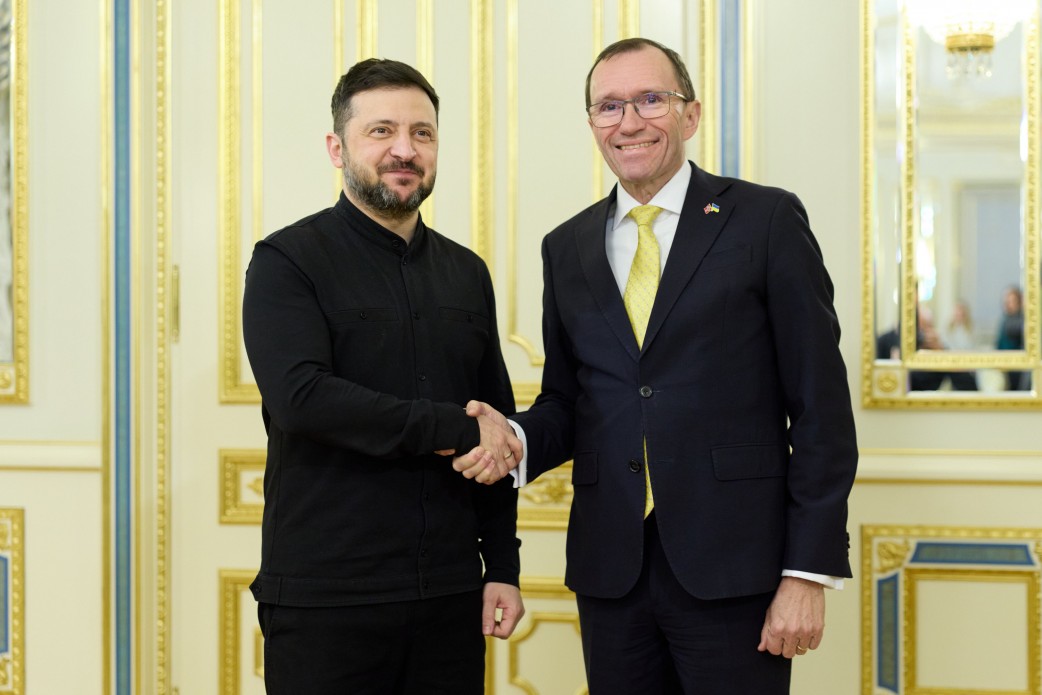In its annual report for the past year, the Security and Information Service (BIS) considers Russia to be the most significant security threat. BIS views the reduction of the oversized Russian embassy in the Czech Republic as a positive development. The embassy had individuals connected to Russian intelligence services who used their official positions to cover espionage activities. Apart from Russia, BIS also identifies China as a complex threat, as reported by iDNES.
The placement of intelligence agents in diplomatic missions is crucial for Russia because diplomatic accreditation allows them to enjoy protection under the Vienna Convention on Diplomatic Relations. There is a growing risk of conducting hostile activities under non-diplomatic cover. However, maintaining and developing personal contacts with collaborators became more challenging for Russian intelligence services in 2022 in many European countries, leading to their meetings being shifted to countries outside of the Czech Republic, according to BIS.
The perception of the security and defense capabilities of the Czech Republic has completely changed, as stated by Michal Koudelka, the director of BIS. There is a gradual and significant increase in the defense budget and significant changes in strategic documents related to the security of the Czech Republic. The Security Strategy of the Czech Republic, approved in June, emphasizes that Russia deliberately works against the political, economic, and social stability in the Czech Republic and poses a threat to its security.
Koudelka, in the introduction of the report, acknowledges the reduction of Russia's previously "overblown" diplomatic mission in the Czech Republic. "Dozens of Russian diplomats and employees of Russian consulates in Karlovy Vary and Brno had to leave, among whom, of course, were individuals with ties to Russian intelligence services," stated Koudelka.
According to BIS, Russian intelligence operations also target the activities of the local opposition abroad. Their focus includes conferences organized by non-governmental or academic institutions where opposition representatives participate. BIS obtained information last year about the activities of an individual suspected of having links to the Russian military intelligence service GRU. This person was present in the Czech Republic and operated with journalistic cover at events associated with prominent representatives of the Russian opposition.
BIS actively intervenes against efforts to violate the embargo on the export of goods to Russia and preemptively monitors threats related to the potential uncontrolled spread of weapons from conflict zones. The report states, "BIS has observed attempts to re-export machine tools, spare parts for them, or chemicals through a number of third countries." It is evident from these findings that EU measures have significantly complicated Russia's access to goods usable in the military-industrial complex.
According to the BIS report, the conflict in Ukraine also has an impact on organized crime among Russian-speaking communities, for which the war presents new opportunities. "Some representatives of Russian-speaking organized crime in the Czech Republic have connections to Russian intelligence services, and the war in Ukraine increases the risk of their direct involvement in subversive actions as well as their role as service structures," states BIS. The report also notes attempts to use the Czech Republic for money laundering from Ukraine or Russia.
Active presence of Chinese spies
Furthermore, members of Chinese intelligence services continued to build contacts with political representatives in the Czech Republic across the political spectrum in the past year. Chinese intelligence officers and representatives of party organizations focus on influencing public opinion with the goal of building a positive image of China, according to the counterintelligence agency.
The Chinese continue to focus on Czech academics. BIS repeatedly identifies academic trips to China as particularly risky. Chinese intelligence services prefer to establish contact on Chinese territory.
Due to the Russian invasion of Ukraine, BIS reports an increased Chinese interest in the situation in Europe, leading to more intensive activities in the field of cyber espionage. In the Czech Republic, these attacks occurred in several waves and became more sophisticated over time. The Czech Republic's attractiveness for Chinese cyber attacks also increased last year due to its presidency of the European Union.
China continued to exert its influence and position in the political and military spheres in the Czech Republic last year, according to BIS. "Members of Chinese intelligence services continued to build contacts with political figures across the political spectrum in 2022. China also increasingly uses members of the expatriate community in the Czech environment to promote its interests and gather information," BIS stated.
Chinese intelligence is focused on influencing public opinion to build a positive image of China. "China also uses established cooperation with some representatives of the Czech media space for this purpose," BIS wrote.
Based on BIS's advice, the Czech Republic should map out its vulnerabilities in terms of deliveries from China and seek suitable alternatives. According to the Czech intelligence service, the possibilities of Chinese pressure are orders of magnitude higher than those of Russia.
The Russian military invasion of Ukraine prompted China to increase its interest in the situation in Europe. As a result, China intensified its cyber espionage activities throughout the region, including the Czech Republic. In the Czech Republic, this was evident through spear-phishing attacks, some of which targeted state institutions.
"The names of these institutions were sometimes abused, as the attackers attempted to impersonate their employees or representatives," noted BIS. The attacks occurred in several waves, gradually becoming more sophisticated and, in some cases, targeting only individuals. BIS also mentioned that China continued its efforts to suppress activities associated with Taiwan and Tibet.
Russian hackers and disinformation campaigns continue to pose challenges for the Czech Republic.
According to the annual report from the Czech counterintelligence agency (BIS) for 2022, cyber espionage activities by Russian actors in the Czech Republic decreased slightly, but the activities of hacktivist groups increased. These hacktivist groups targeted institutions and companies. BIS explained that some of the Russian capacity was tied up in Ukraine due to the Russian military invasion, which led to the growth of hacktivist groups seeking retribution against the Czech Republic for its support of Ukraine.
In 2022, the Czech counterintelligence agency (BIS) noted a significant long-term cyber espionage campaign targeting entities in the field of international relations and diplomacy with nearly global reach. This campaign's intensity was characterized as exceptionally high by BIS. The attackers briefly compromised several email accounts on the official domain of a Czech state institution, which were then used to distribute further malicious messages.
BIS also reported that among the Ukrainian refugees, no Islamist radicals were detected. The Russian invasion of Ukraine had a minimal impact on the threat of Islamist terrorism.
Regarding disinformation, the Czech disinformation scene, after initially focusing on COVID-19, shifted back to supporting Russian activities that it had embraced in the past. The perceived energy commodity shortage in 2022 also garnered the attention of various private entities, seeking to capitalize on the situation for profit.
The report also highlights the development of synthetic media and the potential for such media to be used in the future to challenge real events, statements, or evidence.


















